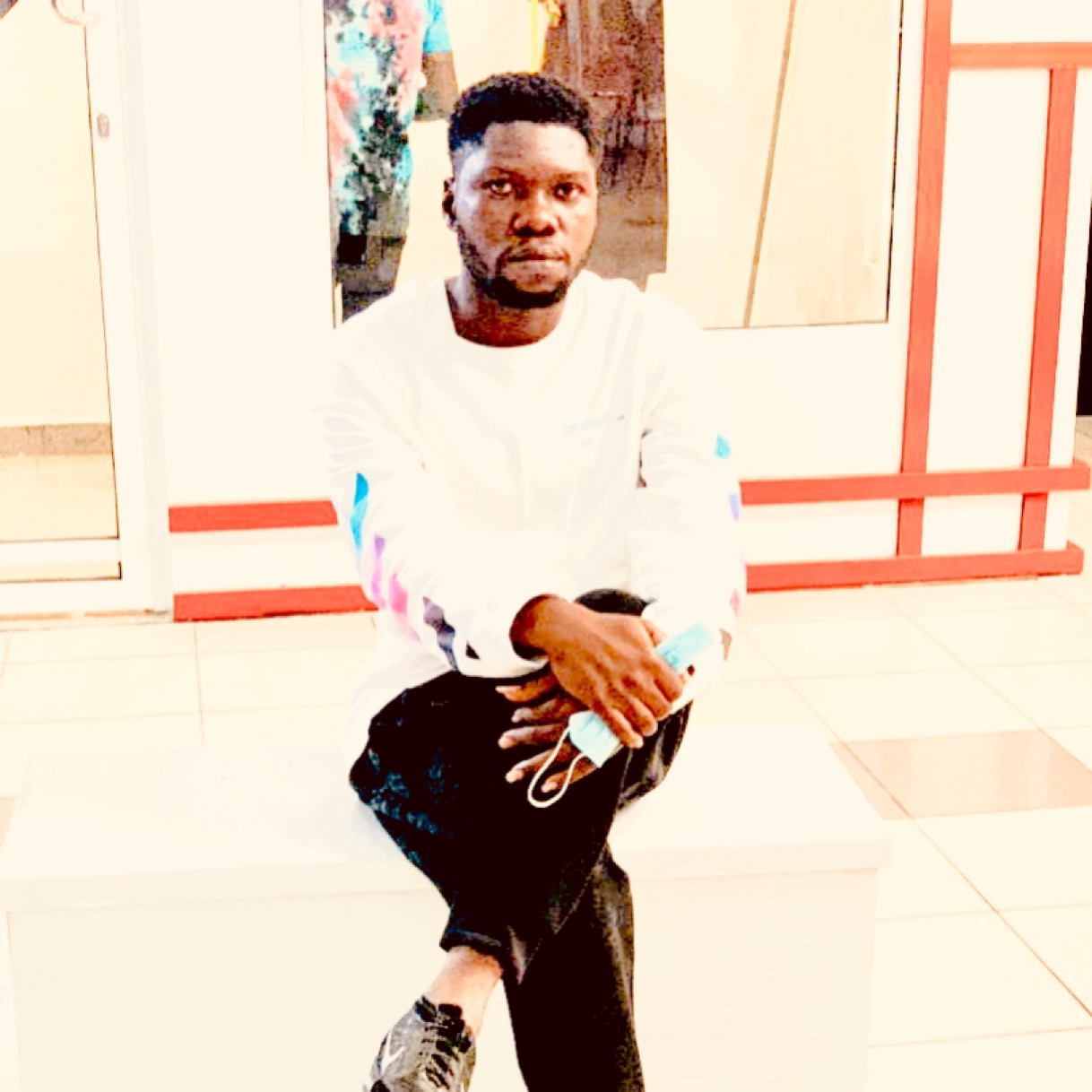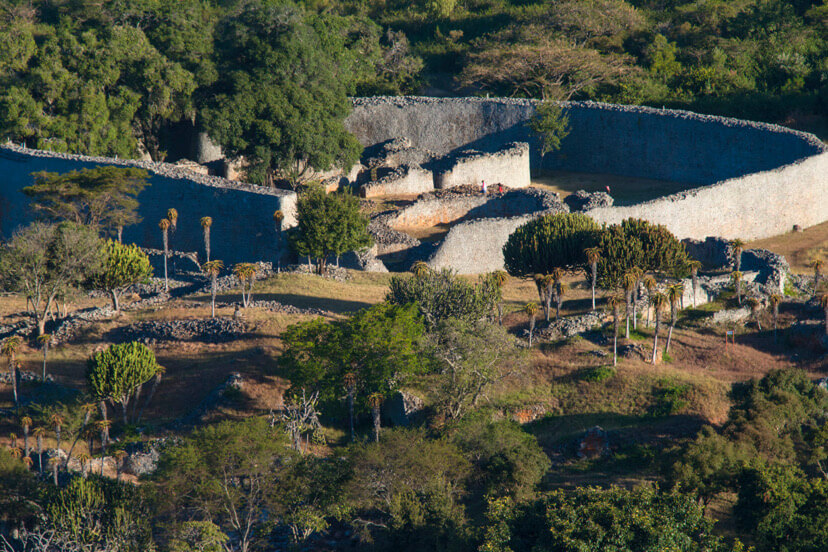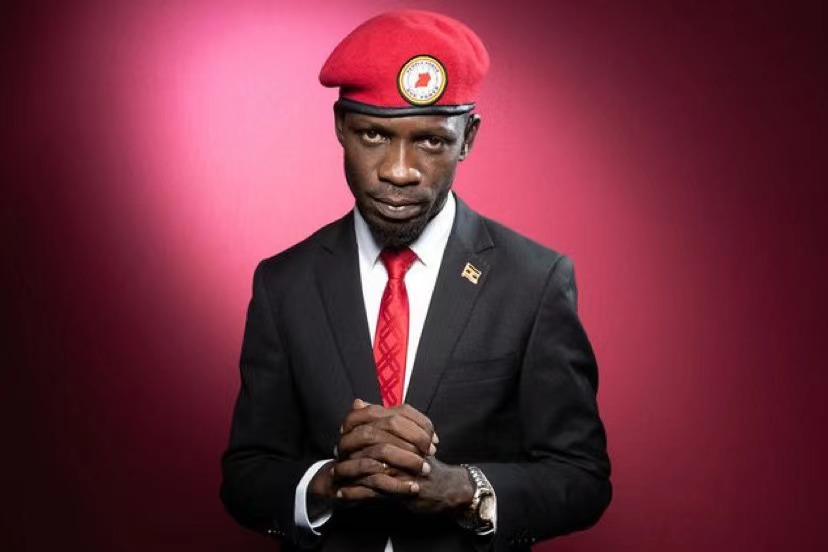Michael Kolawole is a screenwriter, playwright, poet, and critic from Lagos, Nigeria.
The setting for Night of Kings, Philippe Lacôte’s prison thriller, is darkly cinematic: A prison enclosed by concrete fences and barbed wires, mean-spirited correctional officers, and unruly prisoners.
The film jumps into a riotous freak the moment the lead, Roman (Bakary Koné) steps into the prison cell. At first, Roman is frightened by the chaotic world of the prison. But when assigned as the prison's storyteller and having understood the implications of not telling a story or finishing a story in a given night, he composes himself and tells a fascinating tale that propelled the film.
As the film waltzes into chaos, we’re bemused as to where exactly it's heading. But as Roman narrates the lore of the Crime Quarter, the disreputable neighbourhood for the poor people, we know the prisoners’ backstories, we understand how poverty undermines all social structures in the neighbourhood and how that leads to all forms of criminal offences.
Besides the prison setting, Night of Kings aims at verisimilitude. Zama King, the despicable character whose life ties the plot together, is a typical poor African child. We see how his life takes a tragic turn when his mother is killed during a tribal war, how he begs around with his blind father before he becomes a menace to society.
Philippe Lacoté captures some of the Dickensian dystopian in the prison and the country. The riotous prison provides ready-made characters with nicknames, personas and trademarks. Some of the prisoners, like Blackbeard (Steve Tientcheu) and Silence (Denis Lavant), the bizarre man with a chicken on his shoulder, are so charismatic they almost seem to transcend the usual rules. And Roman, whose life depends on the story he tells, is a charismatic orator.
Many of the topics and themes in Night of Kings gaze and reference back to the early days of the civil unrest in the Ivory Coast. When the tension becomes increasingly intense, the film strays from prison drama to fantasy and history. It gives a brief snapshot of the civil conflict caused by the election of Laurent Gbagbo and Alassane Ouattara, in which about 3,000 people were killed before Gbagbo was arrested the following year by pro-Ouattara forces, who were supported by French troops. It would later redeem itself by providing gruesome closures for some of the characters, all archetypal criminals and strugglers, whose lives are scarred and blighted by their societies. Philippe Lacôte also showcases the poor living conditions of the prisoners, which is typical of many African prisons. The prison is overcrowded, and the environment is dirty; the prisoners eat unhygienic meals and are killed like worthless animals when they fight themselves.
Although set in a prison, where there is anarchy, and the inmates kill themselves at will, the film is not all grim and bloody. Lacôte avoids the glamorising of violence by indistinctly keeping the killings out of frame. For instance, when Blackbeard's right-hand man is killed, we only hear a scream, we later find his lifeless body on the floor, his throat slits open. Instead of a violent takeover from Blackbeard by the opposing gang, he is admonished to descend into a well and drown. And when Zama King is lynched by the angry mob, we are shown the backend of the crime instead of witnessing the burning of his body.
When a riot breaks out, the helplessness of the prison wardens, who gaze out over the gladiatorial prisoners, before the chief warden quells the fight by killing some of the inmates, portrays the powerlessness of many African prisoners and the high-handedness of many African correctional officers.
Despite the gruesome prison lifestyles and anarchy, Philippe Lacôte injects humour into the film. It’s comically relieving whenever the demonstrators comically interpret the story Roman is telling. The demonstrators also render thrilling choruses as soundtracks to the dejected prison life.
Through its bootstrap twist and location, Night of Kings makes for a perfect site of anarchy and rebellious fantasy.









{{username}}{{commentConvertedTime}}
{{commentText}}